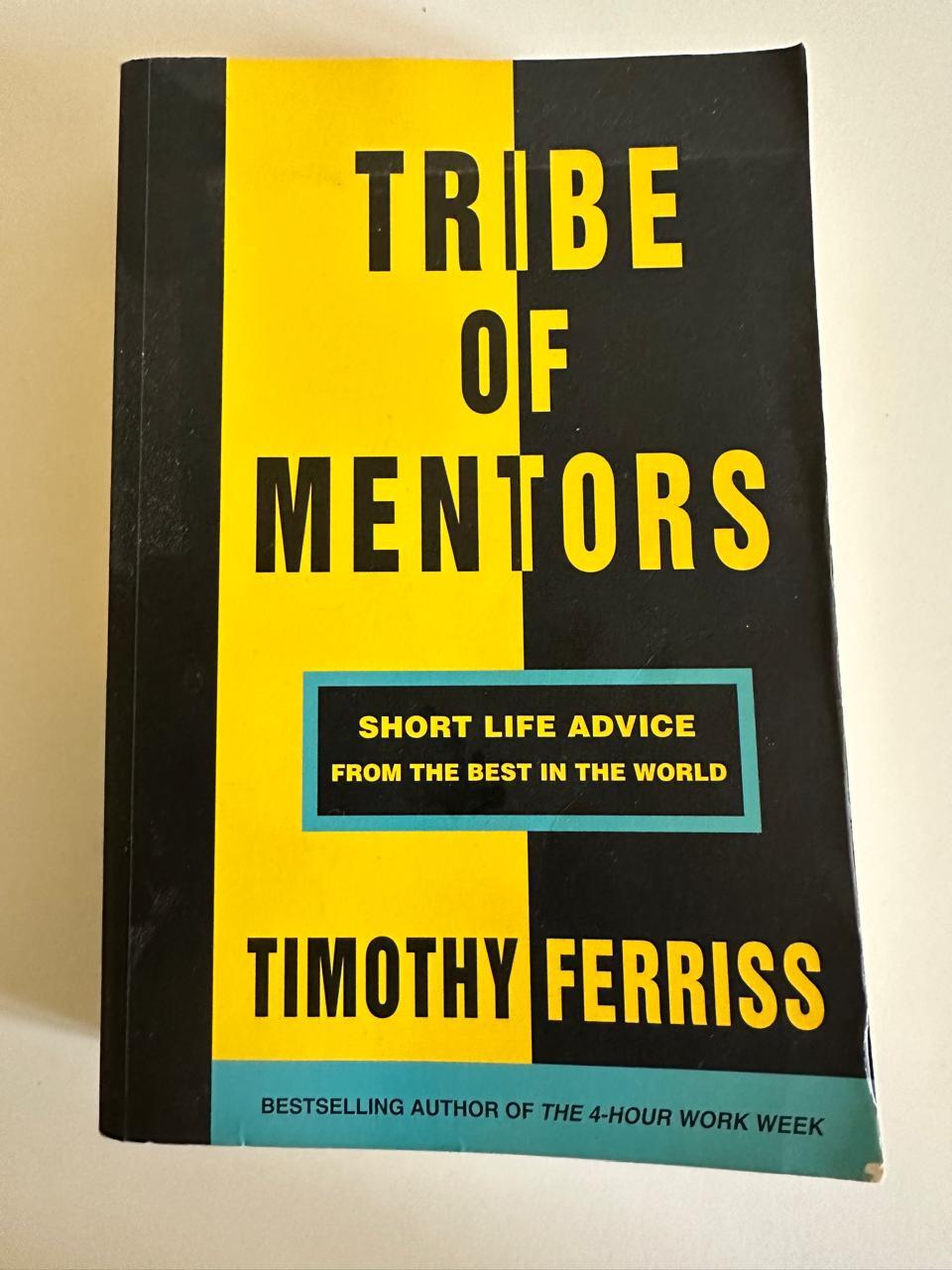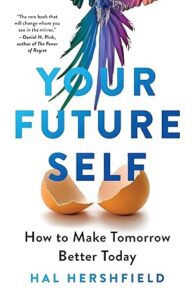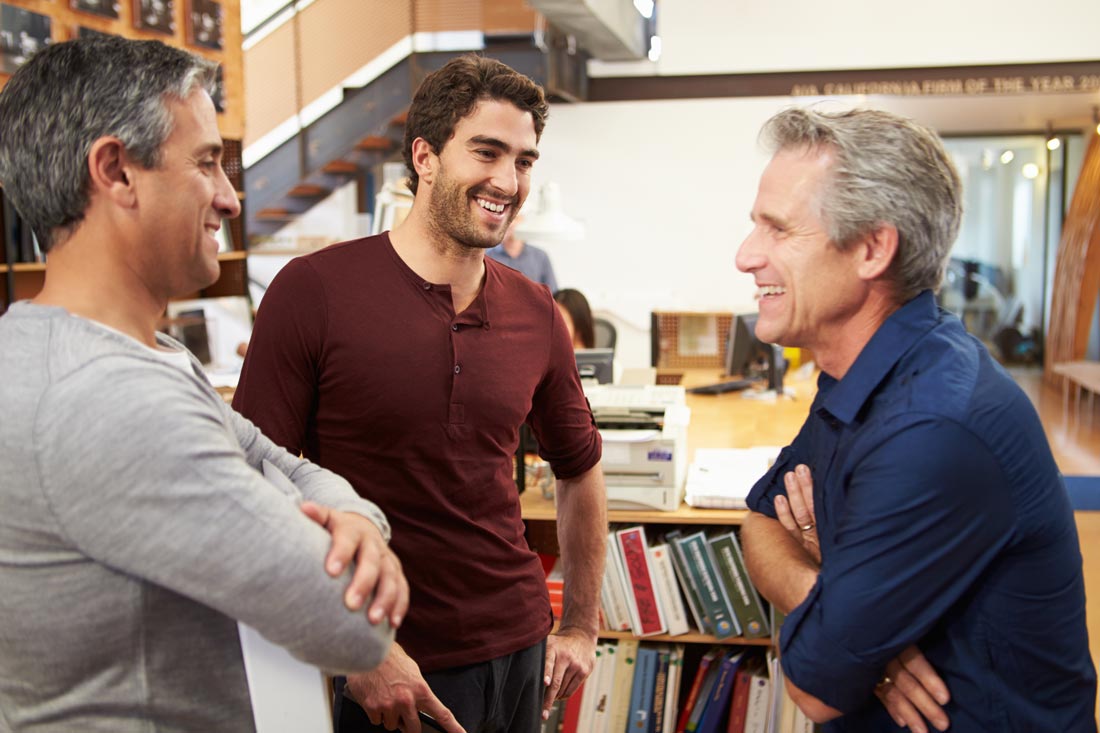
HomeYour Future Self: How to Make Tomorrow Better Today by Hal HershfieldBook SummaryYour Future Self: How to Make Tomorrow Better Today by Hal Hershfield
Your Future Self: How to Make Tomorrow Better Today by Hal Hershfield
April 5, 2024
Your Future Self: How to Make Tomorrow Better Today by Hal Hershfield

- Binod Shankar
- Book Summary
My Top 20 points:
- Many of us view the future as incredibly distant, making us more likely to opt for immediate gratification that disregards our health and well-being in the years to come.
- People who are able to connect with their future selves, however, are better able to balance living for today and planning for tomorrow
- The 3 common time-travel “mistakes” we make:
- we “miss our flights,” or get overly anchored on present-day concerns, failing to consider the future at all.
- We engage in “poor trip planning,’ thinking ahead in some surface-level way, without deeply considering what the future will look like.
- And finally, we “pack the wrong clothes,” relying too much on our present self’s feelings and circumstances and projecting them onto a future self who might not feel the same way. This is the end-of-history-illusion: our belief that our personality and preferences won’t change much in the future.
- We have five core personality traits-openness to new experiences, conscientiousness, agreeableness, extraversion, and neuroticism-and most people show significant change in one of them across ten years.
- We can never really know our future selves. It’s not just that we can’t know what our day-to-day lives will be like. Rather, we can’t know what we will think and feel, since those thoughts and feelings may change drastically once we turn into our future selves.
- Each successive self has a lot in common with the one before it and the one after it. But with enough distance between selves-that is, with enough distance over time-we start to lose some of those connections. And at some point, future selves may seem like strangers to us.
- It’s understandable to not diet, save, or exercise for those temporally distant strangers, especially when we have this very vivid present self who is hungry and lazy and really wants that new iPhone.
- We treat strangers differently than we treat ourselves, often failing to consider their interests. If our future selves seem like strangers, it’s no wonder we so often do things today that we then regret tomorrow.
- We pay a great deal of attention to the present. The here and now tends to consume our mental bandwidth, blocking out thoughts of the future.
- We use the emotional states of our current selves to make decisions for future selves who will no longer feel the same way.
- Have you ever agreed to something scheduled for a future time, only to regret it when that time came? That’s the yes/damn effect. Perhaps you’ve experienced this when you’ve RSVP’d to a party that you later dreaded attending. The yes/damn effect is a reflection of our difficulty in predicting our future emotional states – a phenomenon that’s also at play when we make decisions that lead to regret.
- Solution? By making your future self feel nearer, more tangible, and more real.
- By composing a letter to your future self or crafting a time capsule, you make your future persona tangible, compelling you to make decisions beneficial for them.
- You can also try a mental exercise: visualize your future, and then mentally travel back to the present. Imagine running into your future self, only to discover you are dissatisfied, trapped in a failing marriage, and in failing health. The question then becomes, how can you prevent such a future?
- When contemplating the future, use days instead of years as your unit of time – a perspective that’s easier to comprehend and operationalize.
- Sometimes it’s better to completely eliminate distractions for your future self. For instance, you could lock your phone in a timed safe to help ensure a period of undistracted work, thereby working in your future self’s favor.
- Adding instant punishments for unwanted behaviors is also a powerful motivator – like imposing a fine on yourself if you miss a workout. The sting of an immediate loss will then prompt you to act in your future self’s best interest.
- But shaping a better future doesn’t just involve hard choices and sacrifices; it also means making your present more enjoyable. If a task is difficult or unappealing, pair it with something enjoyable. Why not listen to an engaging audiobook while working out, or watch an intriguing YouTube video while brushing your teeth?
- When facing an overwhelming task, like a hefty debt, break it down into smaller, manageable payments. It’s a more approachable strategy and easier on your current self, while still benefiting your future self.
- Just as a caterpillar slowly morphs into a butterfly, we often overlook how the individual moments of our present accumulate to create our future. If we don’t actively focus on our future selves, we risk making decisions in the present that could lead to future regret.
Visit our official website – Binodshankar.com





